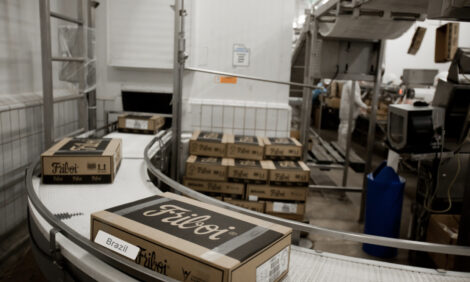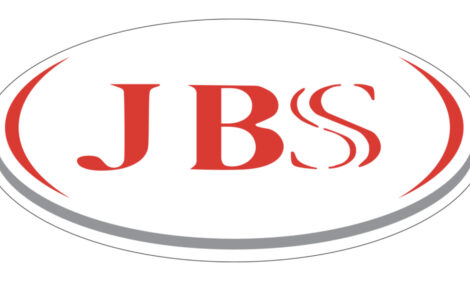



UK Food Retailer Takes up Campylobacter Challenge
UK - Marks & Spencer (M&S) has announced details of its five-point action plan to tackle the industry-wide challenge of reducing levels of Campylobacter in whole chickens. The five points include zero thinning, rapid surface chilling, front-of-pack labelling, double-bagging and a bonus scheme for chicken farmers with Campylobacter-free farms.The measures, which have been in place for the majority of M&S chickens sold since the end of September, include even clearer front-of-pack labelling and double bagging whole chickens so they can be placed straight into the oven without the need to unwrap and handle the chicken. Action is also underway on M&S farms with bonuses paid to farmers who produce Campylobacter-free farms and innovative new safety technology in place on the production line.
Steve Rowe, Executive Director of Food at Marks & Spencer, said: “We take safety extremely seriously and have introduced innovative measures that ensure the highest standards and make it easy for our customers. The plan is working and we are committed to playing a leading role in the efforts to reduce levels of Campylobacter in the poultry industry.”
Steve Wearne, Director of Policy at the Food Standards Agency, said: “I am very pleased to see this impressive initiative by M&S and 2 Sisters. Campylobacter is a serious issue and there is no single solution to the problem. I believe the best way to drive down Campylobacter levels is by adopting the sort of integrated approach along the food chain demonstrated by M&S and 2 Sisters. I look forward to seeing the impact of these interventions in the future results of our ongoing survey into levels of Campylobacter in chicken on retail sale.”
Ranjit Singh, Chief Executive of 2 Sisters Food Group, said: “We are delighted to be leading the way in partnership with Marks & Spencer on Campylobacter reduction.”
The M&S five-point action plan has been implemented with 2 Sisters Food Group – M&S’s biggest supplier of whole chickens – since the end of September and will be rolled out to the remainder of the M&S supply chain by the end of the year.
Five-point action plan in detail
Zero thinning - M&S farmers that supply to 2 Sisters Food Group have stopped part harvesting chickens from flocks through the growing cycle, known in the industry as operating a ‘zero thinning’ policy. This minimises stress, protects the flock’s integrity and improves animal health and welfare. It reduces stress levels amongst chickens and, in turn, levels of Campylobacter. This will be rolled out to all M&S farms by the end of the year.
Rapid surface chilling - New technology is in place at 2 Sisters Food Group that rapidly chills whole chickens as they are processed. This reduces Campylobacter levels on food production sites.
Front of pack labelling - Front of pack labelling on all M&S whole chickens is now even clearer. They now carry a large, front-of-pack label that says “Washed and Ready to Cook”. This is in addition to back-of-pack food hygiene information and cooking times.
Double-bagging - 85 per cent of M&S whole chickens are now ‘double bagged’ which means the chicken can be placed straight into the oven in a bag. The customer doesn’t need to unwrap the product pre-cooking, reducing the risk of cross contamination in the kitchen.
Farmer bonus scheme - M&S has introduced a bonus scheme for farmers that supply to 2 Sisters Food Group which offers farmers a bonus if they produce Campylobacter-free farms. This is in addition to the ongoing M&S incentive programme for high standards of animal welfare on farms.








